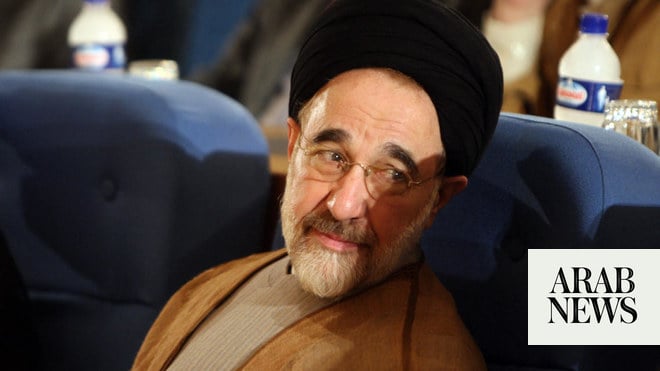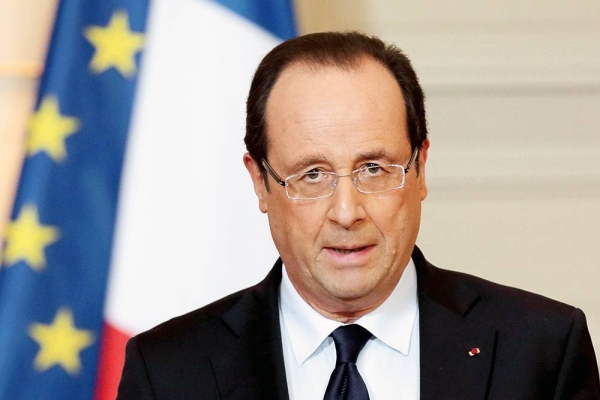
Khatami hopes the use of ‘non-violent civil methods’ can ‘force the governing system to change its approach and accept reforms’
TEHRAN: Iran’s former president Mohammad Khatami and former premier Mir Hossein Mousavi have both called for political changes amid the protests triggered by the death in custody of Mahsa Amini.
As the 44th anniversary of the 1979 Islamic Revolution approaches, one of the country’s main opposition figures, Mousavi, called on Saturday for the “fundamental transformation” of a political system he said was facing a crisis of legitimacy.
And on Sunday Khatami, the leader of the reformist movement, in a statement said: “What is evident today is widespread discontent.”
Khatami said he hoped that the use of “non-violent civil methods” can “force the governing system to change its approach and accept reforms.”
In a statement carried by local media, Mousavi said: “Iran and Iranians need and are ready for a fundamental transformation whose outline is drawn by the pure ‘Woman, Life, Freedom’ movement.”
He was referring to the main slogan chanted in demonstrations sparked by the death on September 16 of Amini, a 22-year-old Iranian Kurd.
She had been arrested three days earlier by the morality police in Tehran for an alleged breach of the Islamic republic’s dress code for women.
Mousavi, 80, said the protest movement began in the context of “interdependent crises” and proposed holding a “free and healthy referendum on the need to change or draft a new constitution.”
He called the current system’s structure “unsustainable.”
An unsuccessful presidential candidate in 2009, Mousavi alleged large-scale fraud in favor of populist incumbent Mahmoud Ahmadinejad, leading to mass protests.
He has been under house arrest without charge in Tehran for 12 years, along with his wife Zahra Rahnavard.
A close confidant of the Islamic republic’s founder Ayatollah Ruhollah Khomeini, Mousavi was prime minister from 1981 to 1989.
“People have the right to make fundamental revisions in order to overcome crises and pave the way for freedom, justice, democracy and development,” Mousavi said in his statement.
“The refusal to take the smallest step toward realizing the rights of citizens as defined in the constitution... has discouraged the community from carrying out reforms.”
Khatami, 79, made similar remarks, warning that “there is no sign of the ruling system’s desire for reform and avoiding the mistakes of the past and present.”
President from 1997 to 2005 before being forced into silence, Khatami said he regretted that Iran’s population was “disappointed with Reformism as well as with the ruling system.”












